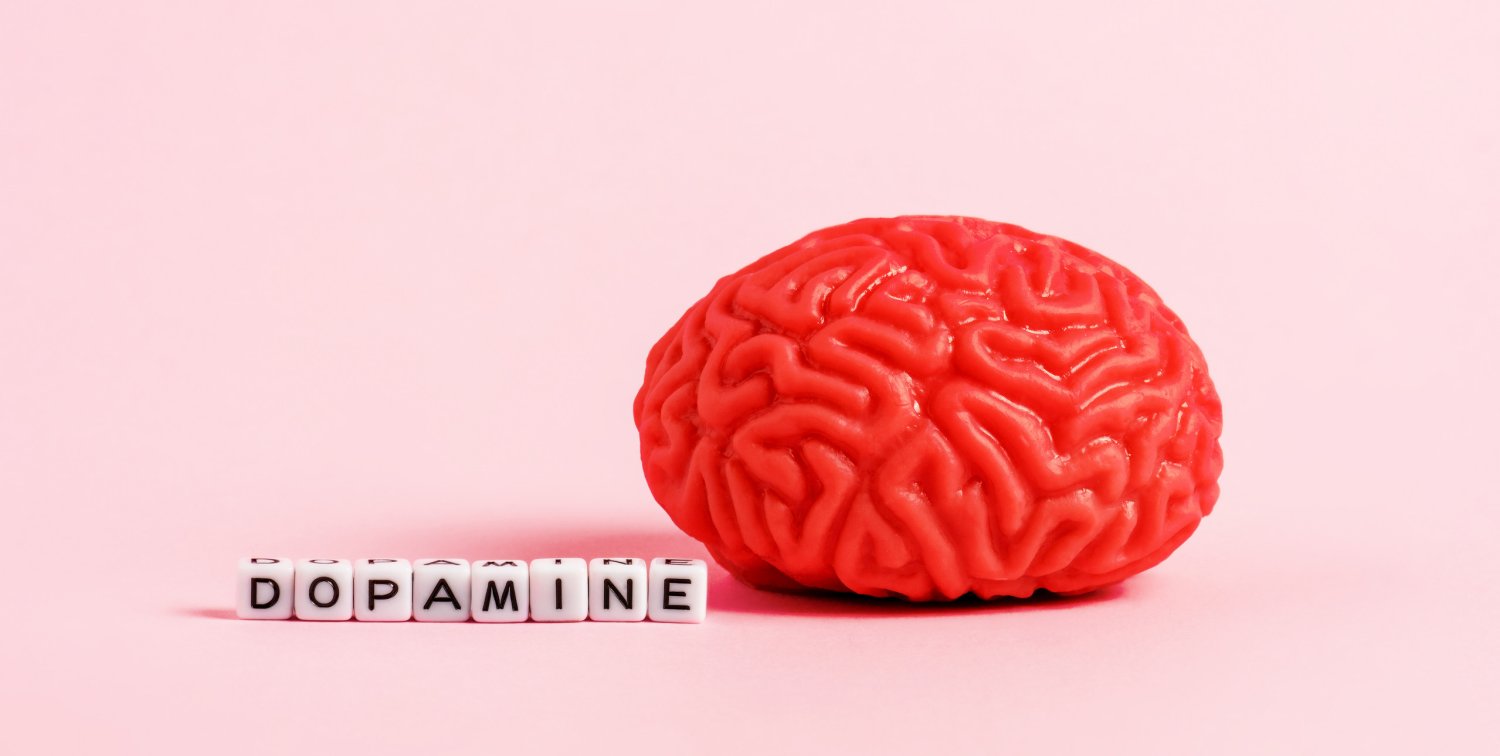
by Matt Weik, BS, CSCS, CPT, CSN
Many people have seemed to embrace the concept of “dopamine detox.” Personally, I never heard of it before until one of my clients came to me inquiring about it. So, like most things I don’t understand or know about, I went down the rabbit hole.
Little did I know, it’s simply a term for what many of us may already be doing these days.
A dopamine detox is when you abstain from pleasurable activities like social media, sugar, or shopping. Proponents claim these breaks reset reward sensitivity and lead to better habits. These self-imposed “fasts” can range from a few hours to several days.
However, it’s important to recognize that, despite its popularity, the term “dopamine detox” lacks any sort of scientific backing.
The benefits people claim are mostly anecdotal and mainly arise from taking breaks from potentially addictive behaviors rather than from truly “detoxing” from dopamine itself.
In this article, we will dive deeper and examine dopamine detox more closely, including potential risks and any incidental benefits that might occur.
Disclaimer: This article is for informational purposes only and is not meant to treat or diagnose any condition. It is recommended that you speak with your doctor before starting any exercise program, making changes to your nutrition plan, or adding any new supplements into your current regimen.
What is Dopamine Detox?
A dopamine detox is a cognitive behavioral therapy (CBT) technique developed by Dr. Cameron Sepah, a California-based psychiatrist. It is designed to help people manage addictive behaviors by consciously limiting activities that trigger impulsive actions.
Despite the name, the goal isn’t to reduce dopamine levels in the brain. Instead, it’s about increasing self-awareness and promoting flexible thinking by temporarily stepping away from addictive habits.
That all sounds great, right?
However, many people have misunderstood the concept, turning it into a trend where they avoid all pleasurable experiences in an attempt to “reset” the brain. Unfortunately, there is no science to prove this does anything at all.
Benefits of Dopamine Detox
A dopamine detox can have both short-term and long-term benefits for mental health and overall well-being. While the science behind it is lacking currently, many people have experienced the benefits listed below.
1. Improved focus and productivity
Reducing dependence on high-dopamine activities helps the brain focus on tasks that require sustained attention. This leads to:
- Fewer distractions
- Better concentration
- Increased productivity
2. Resetting the brain’s reward system
Constant stimulation can make the brain less sensitive to dopamine, meaning we need more to feel the same level of pleasure. A dopamine detox can:
- Help the brain respond to lower levels of stimulation
- Restore a balanced sense of pleasure and reward
3. Long-term mental health benefits
Stepping away from overstimulation can improve mental health by:
- Reducing stress and anxiety
- Breaking addictive behaviors
- Helping you enjoy simple, everyday experiences
A dopamine detox encourages a more positive and content mindset by appreciating smaller joys.
Cons of Dopamine Detox
Here are some of the challenges you may face in dopamine detox. Being aware of these can help you prepare and build resilience.
1. Adjustment difficulties
When you first step away from constant stimulation, you are likely to encounter uncomfortable feelings, much like when you change any habit. Your mind has grown accustomed to frequent entertainment and novelty.
2. Feeling out of touch
Taking a break from platforms like Instagram or TikTok may initially leave you feeling cut off from friends and current events. This feeling of missing out can be especially intense at first.
3. Inner resistance
Your brain often resists these changes. You may find yourself making excuses or feeling unusually attracted to the very activities you’re attempting to limit.
4. Reshaping free time
You must discover new ways to relax and have fun without your favorite entertainment options. This adjustment period may seem limiting or dull until you cultivate new interests.
4 Tips to Help You Do Dopamine Detox
A dopamine detox doesn’t reduce natural dopamine levels but can help break unhelpful habits like excessive social media use or binge-watching. By addressing impulsive behaviors, it promotes a healthier balance in daily life.
1. Identify the root cause
It is important to understand why a habit feels necessary to break free from it. If boredom, stress, or loneliness drives the behavior, recognizing these emotions can prevent automatic engagement. Journaling can help identify triggers and bring awareness to emotional patterns.
2. Replace with beneficial alternatives
Simply removing a habit leaves a void, which makes it easier to relapse. Instead, replace it with positive activities that boost well-being, such as:
- Exercising or going for a walk
- Engaging in creative hobbies like painting or writing
- Spending time with loved ones or pets
- Meditating or practicing mindfulness
3. Set barriers to unhelpful habits
Making an undesirable habit challenging to engage in reduces impulsivity. Simple steps include:
- Placing distractions out of sight or reach
- Using blocking apps to limit access
- Creating physical distance from triggers
- Having someone else hold access to tempting resources (e.g., credit cards for impulsive shopping)
4. Seek professional guidance
A structured approach can be more effective, especially when dealing with habits related to emotional regulation. Professional guidance ensures the detox process is safe and tailored to individual needs, particularly when withdrawal symptoms or deep-seated patterns are involved.
Implementing these strategies makes a dopamine detox a sustainable shift rather than a temporary restriction.


